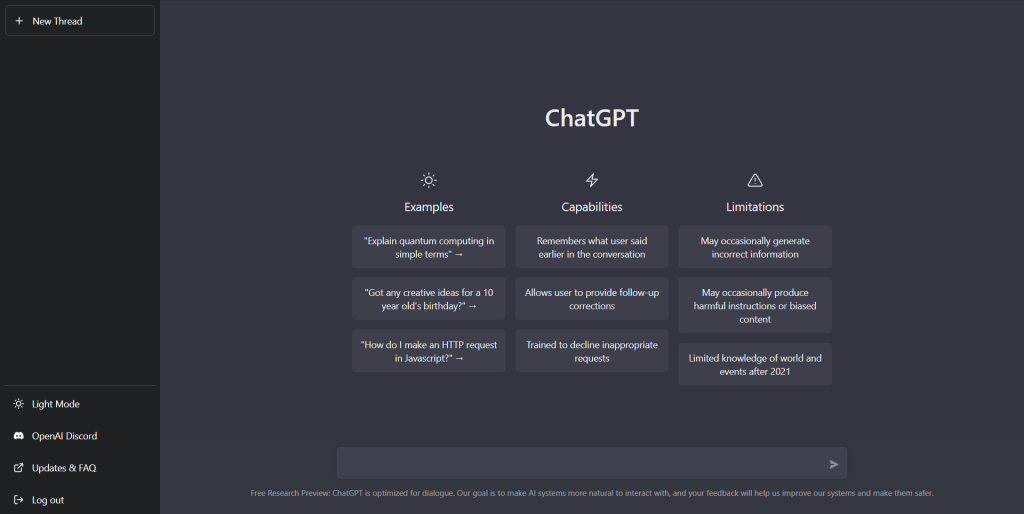Google has postponed the death of third-party cookies from 2023 to 2024.
As the dates shift, it’s still important to have a conversation about cookies. Cookies, data collection, and advertising
An old joke goes like this: what is it that kids and digital media marketers love?
They all love cookies.
In digital marketing, cookies are small files on your browser that record the personal data of users browsing through websites. They will capture details such as your name, email address, demographic, and the device you are on.
There are two types of cookies: first-party and third-party cookies. First-party cookies are harmless since they are hosted on the website you visited such that you do not have to fill in your debit card number every time you visit an eCommerce store or retype your entire email address every time you sign in to a website.
Nobody is complaining about first-party cookies. They make things easier on the web, right?
It is the third-party cookies that everyone is not very okay about.
But why?
Well, have you ever visited an e-commerce site and browsed through a certain product without buying it but on exiting you still find that ads of the same or similar product are trailing you on other websites?
Creepy, right?
Well, this is how remarketing works.
Remarketing uses third-party cookies to target users who have visited a website but did not complete or perform a certain action.
The European Union has questioned Google on the third-party cookies saying that they are infringing on people’s privacy. Not once or twice has Google found itself in court over user privacy issues.
In fact in the EU, GDPR and other rules have been introduced where website owners have to explicitly say what type of user data they are collecting on their sites as well as how they are using it.
They have to ask for consent from their website visitors and that is why every time you visit any website that targets EU visitors, there is an option to either accept or decline the collection of your data.
Does everyone hate cookies?
For advertisers, cookies are good because they can leverage them to convince you to buy the products in stock. They can also be used to retarget by using look-alike audiences.
These third-party cookies are about to die.
Google is giving in to the pressure on data privacy from EU and competition authorities that demand that for whatever cookies to be there, a user needs to give consent. Safari and Firefox killed third-party cookies in 2013.
Difference between first and third-party cookies
Not all cookies are bad. Not all are being killed. Cookies that collect web analytics are not going to be affected. They can continue doing their thing to inform you of the demographics, session duration, pages visited and devices used to visit your site.
First-party cookies also help users not to enter their login details on most used websites such as Facebook, Amazon and Gmail.
So what next?
Time to Harvest More First-Party Data. Use the first-party cookie data to know what kind of audience visits your website so as to target them using google ads and social media.
Have you considered email marketing?
You can try out email marketing where you ask your web visitors to sign up for a form so that you can contact them later.
Yes, that sounds lame compared to the automatic thing that third-party cookies were doing.
But the thing is that marketers have to live with the fact that they will have to dig deeper into their pockets if they are to see the same revenue they had when cookies were still with us.
The great thing about email marketing is that you do not have to worry about algorithms or tools being retired. Once you own an email list, you can upsell them anytime you wish to do so.
At the same time, you can create your own segmentations such that you know what to send to a certain segment of people.
Say for example that someone buys a newborn baby outfit from an e-commerce store. Since their email will be captured during checkout, the marketing team could go ahead to add them to a segment of new parents. They could then go ahead to send them emails about diaper offers, baby cots, baby food and so on.
Privacy sandbox
To replace third-party cookies, Google will be introducing what they are calling a private sandbox. What this entails is tracking groups of people as opposed to individuals. Marketers therefore will be able to target groups of people who are interested in different industries.
Wrap up on the inevitable retiring of third-party cookies
It is now not a question of whether third-party cookies will die but rather one of when. The cookie apocalypse is inevitable. Our advice is to make the best use of these cookies until they are paced out.
At the same time, you need to collect first-party data by analyzing your website traffic with tools such as Google Analytics to draw patterns of who your users are.
Collecting email addresses and other personal information from your users is also going to prove invaluable since you can always try to upsell them on your most recent product offers.
As a MarTech agency, we will continue researching the best advertising technologies that are going to deliver great ROI for our customers even when the cookies are eventually killed.








